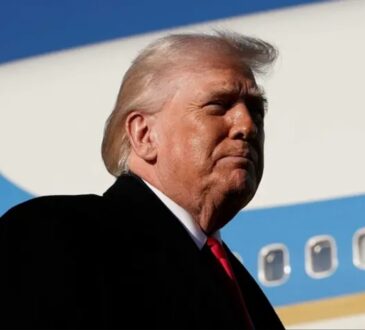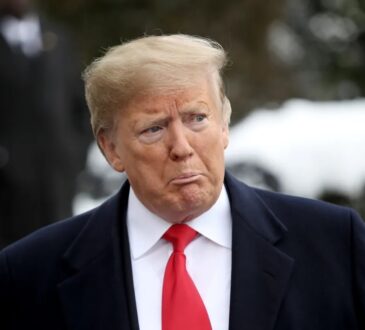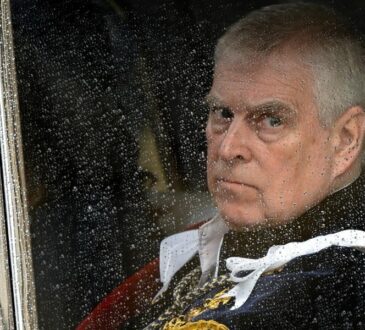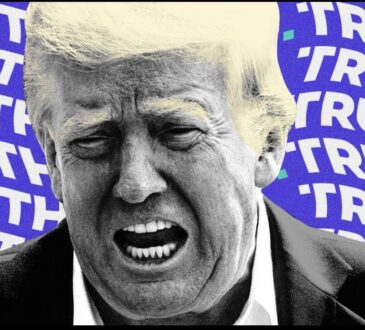Shocking way Trump has changed pardons process after ‘pushing power to limit’ during first 5 months in office
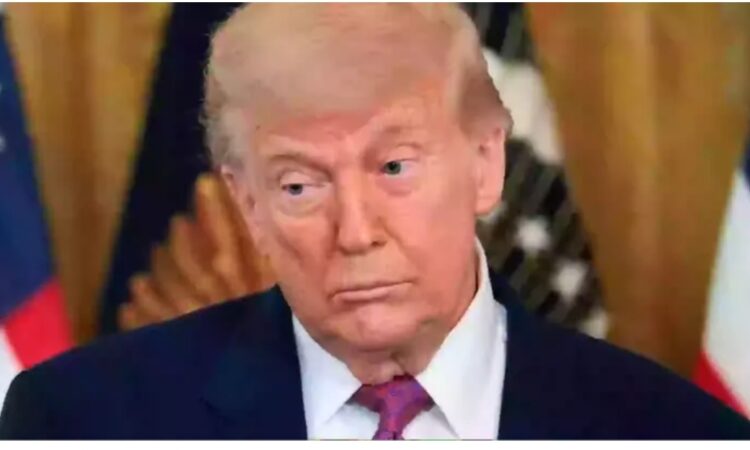
A new wave of controversy has erupted around presidential pardons ever since Donald Trump returned to the White House earlier this year. In just the first five months of his second term, Trump has used his power to grant pardons in ways that are raising serious questions about fairness and political favoritism.
A presidential pardon is when the president forgives someone for a federal crime. It wipes out the punishment and can even give back rights like voting or running for public office. This power is written into the U.S. Constitution and gives the president broad authority to forgive people for federal crimes — except for cases involving impeachment.
On the very day Trump was sworn in again, he issued full pardons or reduced sentences for over 1,500 people who were either convicted of or charged in connection with the January 6th Capitol riots. One of those pardoned was Enrique Tarrio, the former leader of the Proud Boys, who had been sentenced to 22 years for his role in the riot. He was released from prison after receiving the pardon.
In the official statement that came with the pardons, Trump claimed this move was to correct what he called a “grave injustice” that had hurt the American people over the past few years. He framed it as the start of healing the country.
But Trump didn’t stop with those connected to the Capitol riot. He also pardoned people who had supported him politically or personally. These included Michele Fiore, a controversial politician; Paul Walczak, who was involved in a nursing home scandal; and Scott Jenkins, a former sheriff who got his pardon just one day before he was supposed to begin serving time for bribery.
Another surprising move came when Trump pardoned reality TV stars Todd and Julie Chrisley. They had been serving time for financial crimes like bank fraud and tax evasion — essentially cheating banks and the government to pay for their luxurious lifestyle. Trump granted their pardons six months after their daughter, Savannah Chrisley, spoke in support of him at the Republican National Convention.
These actions have sparked criticism, especially from people who used to work in the pardon system. Liz Oyer, a former pardon attorney, said that many of Trump’s pardons didn’t follow the usual legal process. Typically, people apply through the Justice Department and go through careful reviews. But under Trump, many seem to be bypassing that system entirely. She pointed out that people are using backdoor methods — like personal connections, political donations, or lobbying efforts — to get the president’s attention and secure pardons.
The Trump team has defended his decisions. They argue that the Justice Department had been unfairly targeting Trump and his allies in the past, so these pardons are a way to fight back. They also pointed fingers at President Joe Biden, saying he gave out last-minute pardons to his own family members.
Before Trump officially took office again, the White House released a statement from Biden explaining why he pardoned his son, Hunter Biden, who had recently been convicted on gun-related charges. Biden said that the legal attacks against his family were politically motivated and harmful. He added that even being investigated — let alone charged — can destroy a person’s life, reputation, and finances, even if they’re later found innocent.
Along with Hunter, Biden also pardoned several other family members — including James Biden, Valerie Biden Owens, and others — for any nonviolent federal offenses they may have committed going back to 2014.
All of this has led to a growing debate over whether the presidential pardon system is being used for justice, or simply as a reward for loyalty and personal connections.

